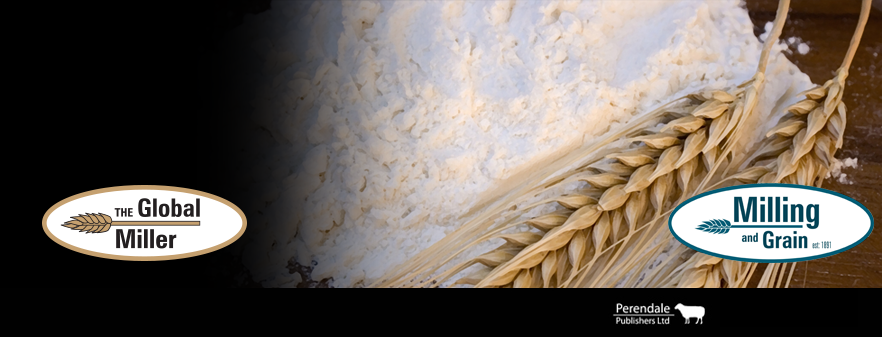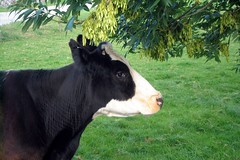The possibility of selective breeding to produce cattle that are consistently low methane emitters is being explored by an international team of scientists led by the University of Aberdeen.
The option is being investigated as part of the €7.7 million EU funded RuminOmics project which aims to increase the efficiency of the farming of ruminant animals, such as cows, while decreasing the associated environmental footprint.
Ruminants produce methane - a greenhouse gas with a global warming potential 25 times that of carbon dioxide. Methane is formed in the gut during digestion of fibrous feeds and is mainly released into the atmosphere when the cow belches.
Preliminary findings of the four-year RuminOmics project - which comprises scientists from the UK, France, Italy, Finland, Netherlands, Czech Republic and Sweden, with international advisors from Canada and Australia - add further support to the existing idea that the genetics of an animal may influence the level of methane it produces.
Professor John Wallace, who researches microbial metabolism in the gut of man and ruminants at the University of Aberdeen Rowett Institute of Nutrition and Health, is leading the study said, “Methane production is important for cattle and sheep farmers because if the amount of methane produced can be lowered then there are benefits for the environment, production, and profitability.”
The RuminOmics team has been investigating methane production and feed efficiency between individual animals and the effect of different feeds. In dairy cattle they have shown that the production of methane is quite variable, particularly between individual animals. It is already known that diet can affect methane production. “Currently most diets which have been formulated to lower methane add cost or increase losses of other nutrients,” said Professor Wallace.
In one study from Sweden, increasing dietary protein concentration lowered methane per kg milk output but at the expense of increased nitrogen losses. Nitrogen is lost as ammonia in the urine which builds up in the soil and is converted to the greenhouse gas nitrous oxide.
Professor Pekka Huhtanen of the Swedish University of Agricultural Sciences, who is also part of the RuminOmics consortium, believes that researchers need to take into account both global warming and nitrogen pollution impacts when change is made to the diet of dairy cattle.




No comments:
Post a Comment